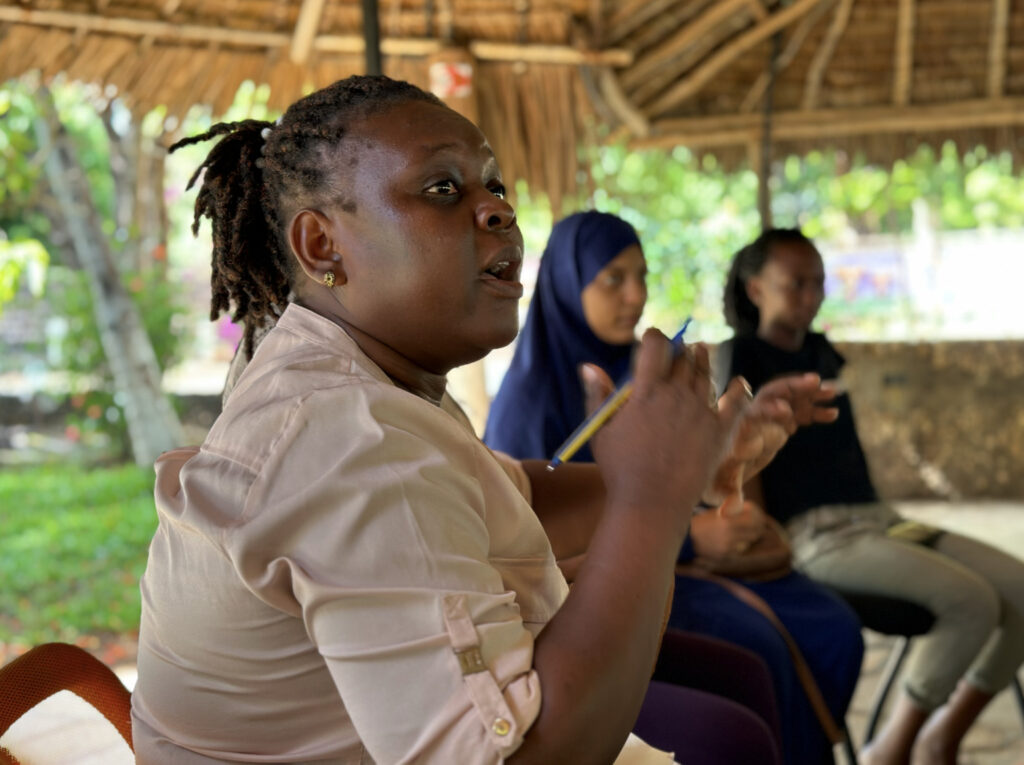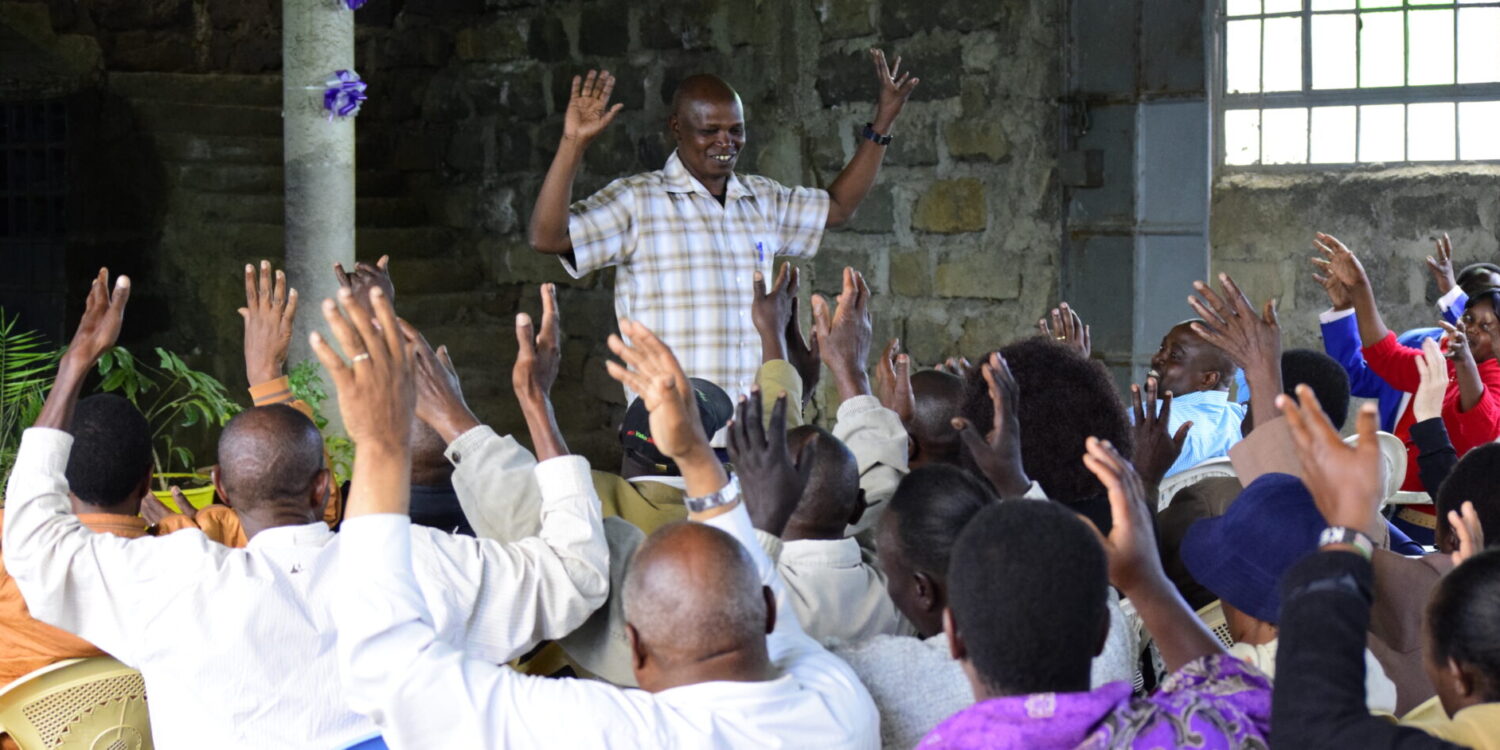Traditionally, data collection initiatives have often been top-down, with external organizations setting the agenda and citizens responding reactively. In the traditional model, institutions play a central role in defining what data is collected and how it is collected. Citizens are seen as respondents, participating in data collection exercises initiated by others. While this approach is valuable and has led to critical insights in various fields, it limits the autonomy of citizens and can sometimes overlook issues that are important to them. Citizens in this model are reactive; they respond to calls for participation, answer predefined questions, and often have little control over the process or outcomes. This traditional approach is akin to citizens being passengers on a journey driven by external drivers, without a say in the route or destination. As Al Kags argues, the term “citizen contributions to data” implies a passive contributory role in a process that directly involves them.
As we often advocate, for citizens to participate and take ownership of the process, the power should rest firmly in the hands of citizens themselves. With citizen-generated data, individuals take the initiative and act autonomously to gather data that reflects their interests and needs. Citizens are no longer just respondents; they become active participants and leaders in the data generation process. They identify gaps, needs, or interests within their communities and take the initiative to collect relevant data.
At the Open Institute, we embrace this idea wholeheartedly, recognizing the profound impact it can have on amplifying citizen voices and fostering true engagement.
Our Citizen-Centered Approach
We have embraced the ethos of “Citizen-Generated Data” and have made it a cornerstone of our work. We firmly believe that working with citizens to take the lead in data collection and analysis is a powerful catalyst for social change. Our approach is rooted in the belief that true participation lies in giving communities the tools and knowledge they need to drive their own development.

From the left is a community training session followed by a data collection process in session on the right.
In our projects, we take a supportive role rather than a directive one. We provide training and technical support to the communities we work with, but we refrain from imposing our agenda. Instead, we let the communities define the process and outcomes that are most relevant to them. They are the ones who collect the data, interpret it, and decide what actions should be taken based on their findings.
By adopting this approach, we acknowledge the agency of citizens and honor their autonomy. We recognize that communities are the experts in their own experiences, and our role is to facilitate them to generate data that reflects their unique perspectives.
The Power of One
Rehema Iha is a dedicated member of Kwacha Afrika, a Community Based Organization (CBOs) and member of our Maono Space in Kilifi. Rehema recently found herself at the forefront of a crucial civic initiative in Malindi. In a stakeholder meeting focused on Governance, she learned that the Annual Development Plan (ADP) for Kilifi County was not available in print due to budget constraints, despite a scheduled public participation meeting that had been scheduled to discuss it. Appalled by the lack of accessibility, Rehema decided to take action. She recognized that civic empowerment was essential for various programs, including health, gender, and youth, and that citizens needed to understand the ADP and participate effectively in shaping it.
Rehema took the lead in rallying her fellow community-based organizations (CBOs) to address the issue. They focused on providing civic education, breaking down the budget process, and translating the 500-page ADP into Swahili. With just three days to mobilize 11 wards in Malindi and Magarini Constituencies, they employed various methods, including town hall meetings, community theatre, and social media, to engage citizens. They utilized manila papers to simplify discussions, listing the priorities of the citizens as outlined in the ADP.

“I can say our mobilisation worked. Even the other wards, people turned up. In Garashi for exmple, more than 500 people came to the meeting. In a later conversation with the Ward admin, he said this turn out was better than what he had seen in previous meetings.”
Rehema Iha
On April 18th, Rehema and her team witnessed the results of their mobilization efforts at the public participation meetings. The turnouts were impressive, with citizens actively participating and expressing their views.

A civic empowerment session organized by Rehema.
In the end, Rehema’s dedication, combined with the collaborative efforts of CBOs and the support of Maono, demonstrated the potential for grassroots civic engagement.
The lack of access to the Annual Development Plan (ADP) for the County was a gap that citizens identified, and they took it upon themselves to gather relevant data and engage with it proactively.
Rehema’s story exemplifies how citizens can lead in generating data and influencing decisions. In a world where data plays an increasingly critical role in decision-making, it is vital that citizens are not merely passive participants but active contributors. Citizens, when informed, can play a pivotal role in shaping their community’s development agenda and outcomes.
By keeping citizen-generated data true to its essence, we pave the way for more inclusive, equitable, and responsive policies and initiatives, ultimately leading to better lives for citizens.













